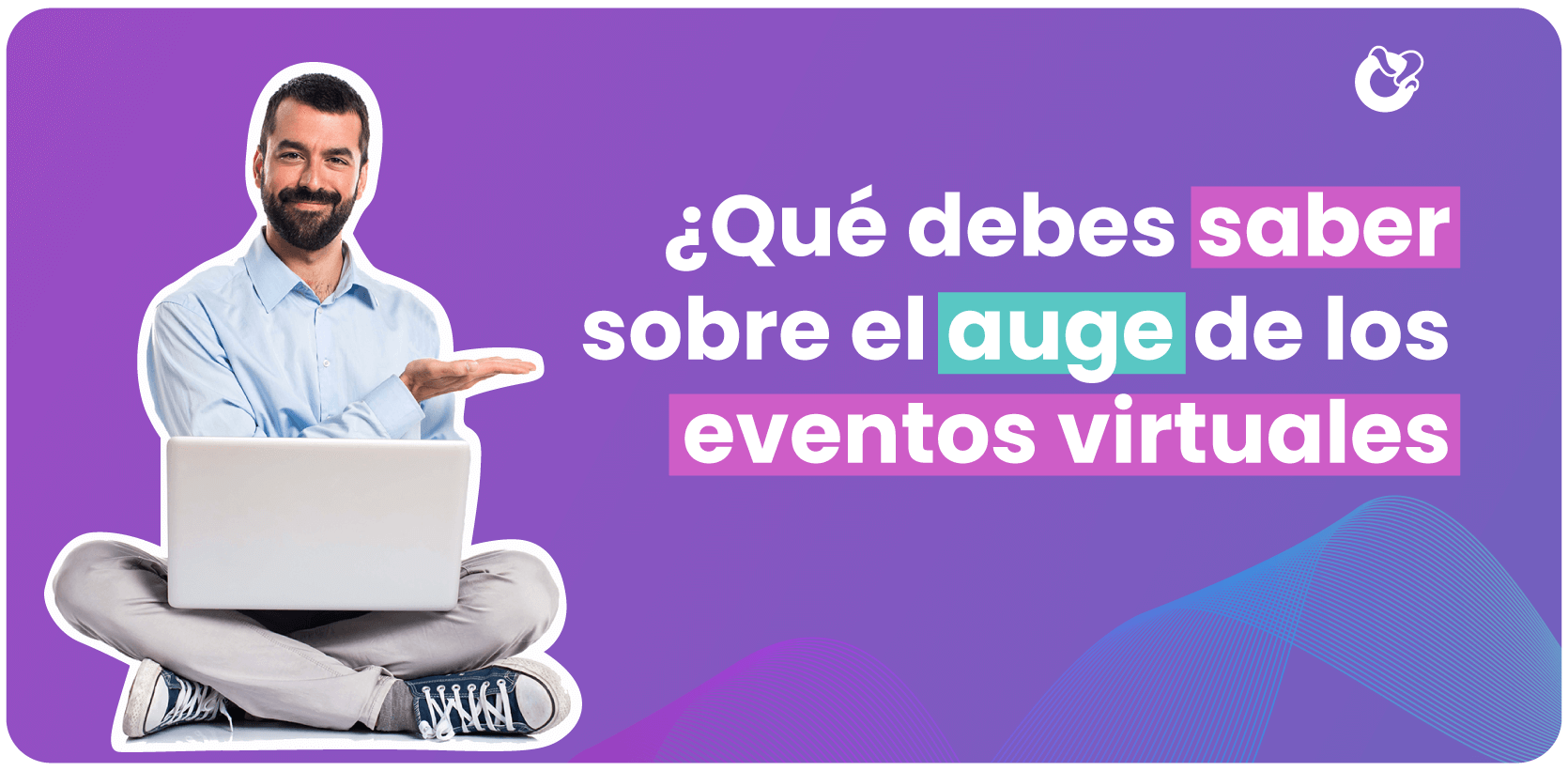Today the internet has become part of our lives, but not only for people but also for businesses. In fact, many claim that “if you are not on the internet you are invisible”. But it is not enough to have a website, you also have to position it. But how? the answer lies in the importance of SEO and its definition.
What is and what is the importance of SEO?
SEO (acronym for Search Engine Optimization) is the method of positioning our website in search engines organically. That is, generate and optimize the content on our page with the purpose that is attractive to people who search for those topics in browsers.
Let’s imagine that we have a very stocked store, on the main boulevard of our city, but in an alley. We will probably double the number of customers if the store, instead of being there, will be in the main section, for all to see.
Something similar happens with search engines and web pages. Since, if your website is not considered relevant by the search engine, it will be placed in a disadvantageous position, thus preventing traffic from being generated within it and losing customers or visitors.
We breathe in a technological world. An era in which anyone searches the internet for what they need or even the solution to their problems. For this reason it is important that our content is completely easy to find. The importance of SEO is in making that possible.
Now, although improving the positioning of our website is something we seek when investing in SEO, visibility is not the only advantage. Another is credibility.
When Google determines that some web content is outstanding and worthy of being on the first pages of its results, it encourages another effect. The reasoning of the person performing the search dictates that the higher the url of the business is, the more reliable it is. As a result, more they will trust the product or service offered on the web.
How to achieve a good SEO positioning?
There are several elements that contribute to having a good positioning on the web. These factors can be classified into two large groups, internal factors (On-page) and external (Off-page).
SEO On-page
These are the elements related to the content of the website. They are those that make the information found on the website attractive to search engines and get them to catalog it as relevant data for their purposes. In addition to keeping information up to date, there are these relevant factors:
- Keywords. They are all those terms, composed of one or more words that users use to search on platforms such as Google.
- Internal Links. They are links that make references to other sites on our own website. This seeks to encourage the curiosity of users to visit our internal content.
- Fast page loading. Google takes this point into account to position a page. This is because a user will get impatient if a page takes a long time to open and will probably leave, search for another and not return.
SEO Off-Page
They are those elements or external strategies that help strengthen the influence of our website. It is to build a good reputation of our website thanks to the references received from other pages. This will help our site become relevant and valuable. Among the most outstanding we have:
- Backlinks. These external references must be natural and consistent to topics related to the content of our site.
- Social Networks. Nowadays it is practically essential to show our products on social networks. Among other things, it allows us to interact with visitors, as well as expand our field to make ourselves known.
In summary, SEO techniques, whether internal or external, are necessary to direct quality traffic to our web pages, online store or blog. This will result in our site achieving better results in domain authority, gaining credibility, trust and in turn being better positioned in search engines.






















